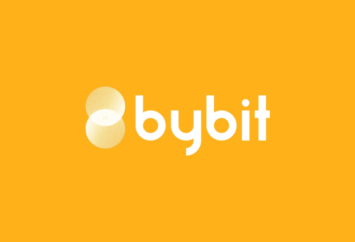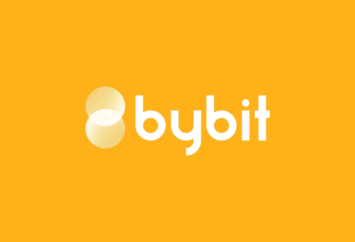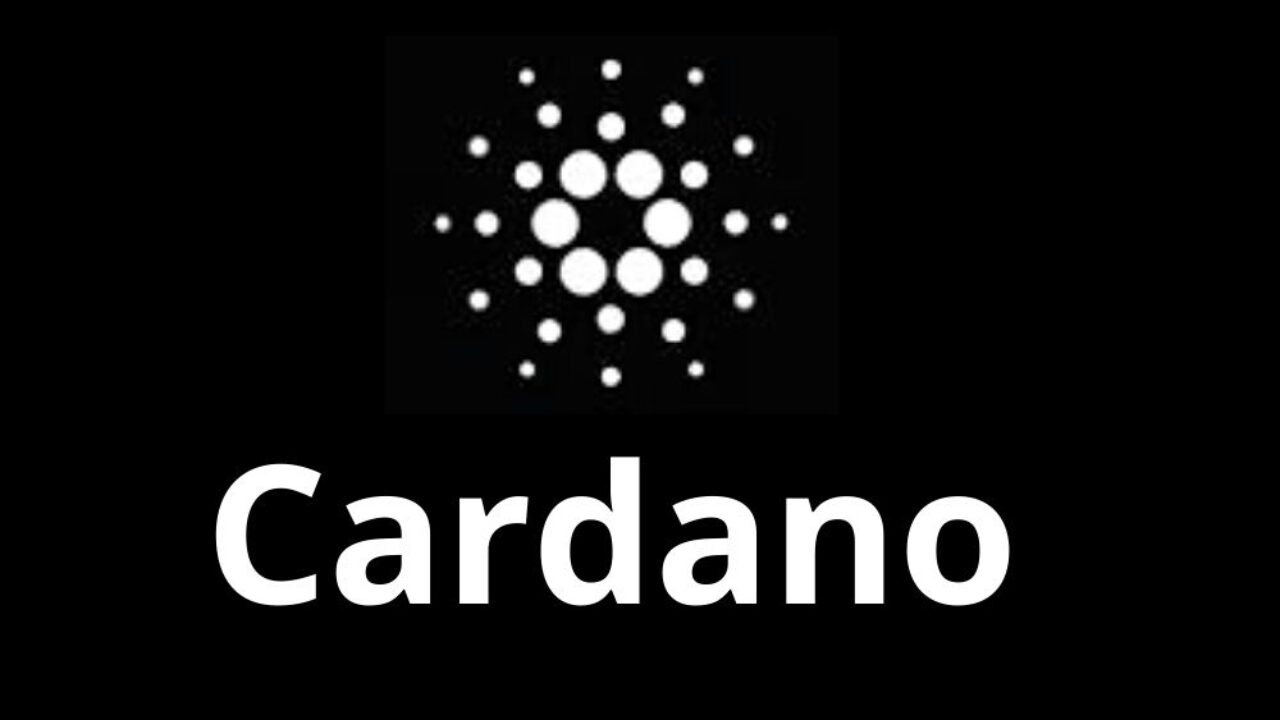ERROR
Lido, the largest liquid staking protocol, plans to bring its stETH token to Ethereum’s layer 2 (L2) networks.
“For Ethereum stakers, this means staking with lower fees and access to a new suite of DeFi applications to amplify yields,” Lido said Monday in a blog post detailing the expansion.
No timeline was given for Lido’s L2 ambitions. But the company said it had already “integrated with Argent to make wstETH available on zkSync and with Aztec” and would “support stETH on all sufficiently proven Layer 2 networks with demonstrated economic activity, starting out with Arbitrum and Optimism.”
Liquid Staking
Lido and similar protocols, such as Rocket Pool, allow users to simultaneously stake their Ether in the Beacon chain and access their locked liquidity using derivative tokens backed 1:1 by their staked ETH. These tokens, like stETH and Rocket’s rETH, can then be used to earn yield in the wider DeFi ecosystem.
Lido is the largest liquid staking protocol as measured by total value locked, with $6.32B locked on Ethereum as of midday New York time Monday, according to data from Defi Llama. RocketPool was a distant second, with $400M locked.
Scaling Ethereum
Layer 2 networks aim to reduce gas fees – the transaction costs of the Ethereum network – while also improving transaction speeds, and form an essential part of Ethereum’s scaling roadmap.
In a blog post on Monday, Lido said it believes “a large portion (if not a majority) of economic activity and transaction volume will migrate to both general use and purpose-specific Layer 2 networks.”
Lido will begin by “supporting wstETH bridging and staking on Layer 2 networks, with plans to allow staking of ETH held by users on L2 networks directly from that L2 without the need to bridge their assets back to Ethereum Mainnet.”
For its initial deployment, Lido chose to support only wstETH – wrapped staked Ether – for several reasons, it claims, but shared only that wstETH offers “simplified bridge contracts and ease of integration, both with bridges and general DeFi space.”
A timeline for Lido’s L2 integrations will be released in the coming weeks.
LDO Soars
The Lido protocol is governed by a DAO composed of LDO token holders. LDO has surged 123% to $1.43 over the past week, according to data from CoinGecko, having traded at $0.64 on June 11.
Observers attributed the growth to optimism over Ethereum’s long-awaited transition to proof-of-stake. Several months after that transition, Lido users will be able to withdraw their staked Ether from the network.


